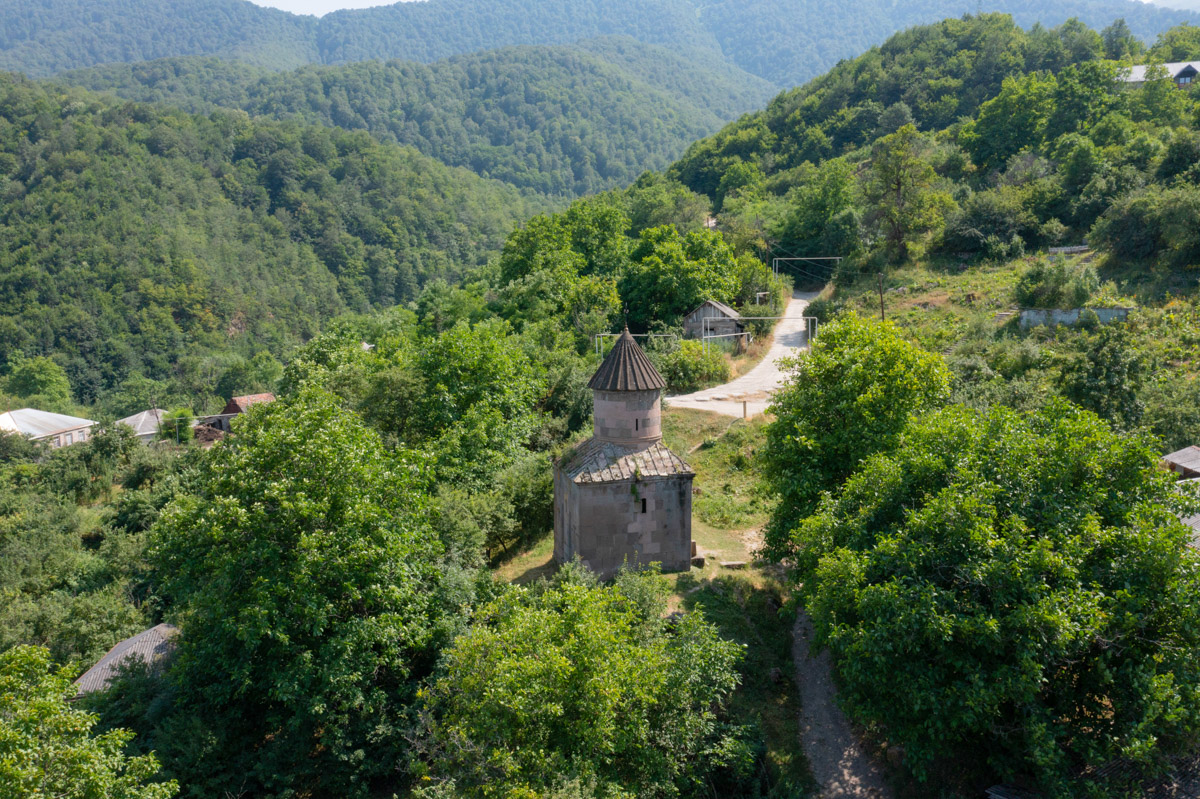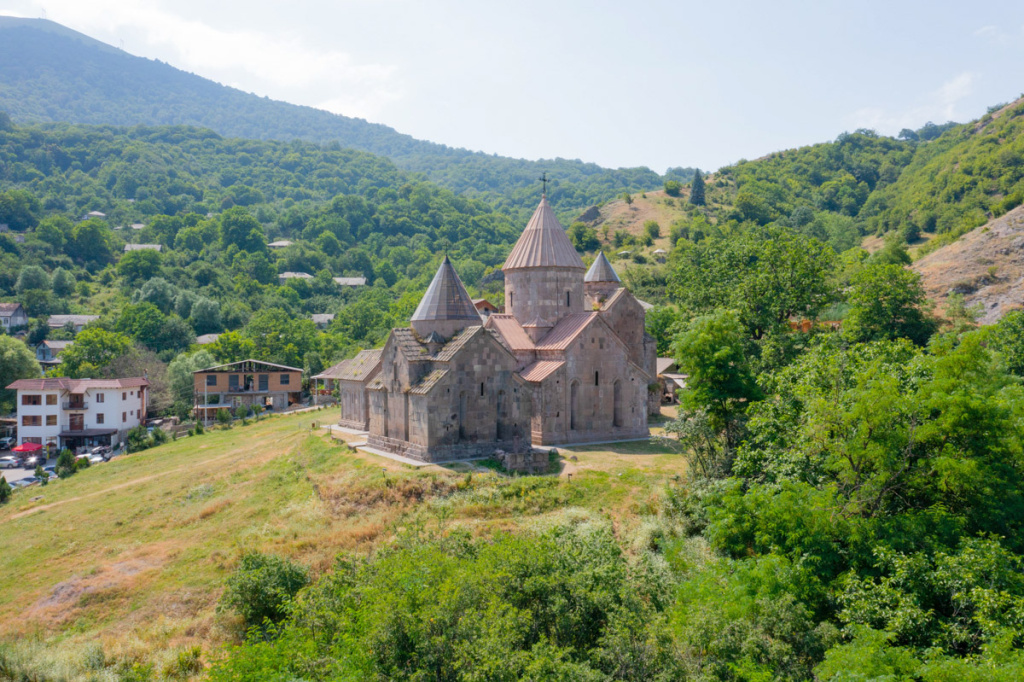From unrequited love to salvation from hunger: The most famous legends of Dilijan
Dilijan is associated with many legends, tales and stories, which, according to the traditions of folklore, are passed down from generation to generation, acquiring new details and storylines. Locals love to tell these legends to tourists and visitors . We have collected the most common legends that we have heard from Dilijans.

The legend of the unfortunate shepherd Dili
The most common and beloved legend of Dilijan residents is connected with the etymology of the name of the city. Guides love to tell this dramatic story on excursions to tourists.
Once upon a time in the village of Puchur Dili (small Dili) there lived a shepherd named Dilly, who had the imprudence to fall in love with the daughter of a lord. The lord, having learned about this, ordered to kill a shepherd in the dense forests of Dilijan. For days on end, the shepherd's mother searched for him in the woods, calling out: "Dili jan! Dili jan...". There are many interpretations of this story, but the storyline is the same – a certain unfortunate Dili fell victim to unrequited love
Other versions
There is another interesting version, according to which the name of the city comes from the word "stagecoach or diligence". This story is connected with the fact that in the XVII century European preachers arrived in the Aghstev Valley to convert Armenians to Catholicism. For transportation, the preachers used a large stagecoach or diligence. They failed to convert Armenians to Catholicism, but apparently they succeeded in renaming Hovk (the former name of the territory) to Dilijan.
We do not know for sure whether the shepherd Dili existed and whether preachers actually came here, but there are some written testimonies in which Lord Dilijan is mentioned. A member of the Moscow Imperial Archaeological Society, historian M. Smbatyants writes: "Dilijan, the grandson of Hovhannes, the son of Ter-Matevos, moved from Gavar to Ghshlagh with his sons Abraham, Sargis, Pirhamzi and his wife Sirmai Khatun, where he built a bridge in 1544." The name of Melik Dilijan is also on the list of taxpayers of the Tatev Monastery at number 41. However, written sources are silent about the history of unrequited love.
One thing we know for sure – the toponym "Dilijan" was first mentioned in the XVII century (1672) in the travel notes of the French traveler Jean Chardin. The traveler writes that they reached a town called Dilijan, in which there were 300 houses. The surroundings are inhabited by Christian Armenians.
The legend of the vision of Mkhitar Gosh and the salvation of the village of Gosh
There is a wonderful legend that is associated with the name of the Armenian medieval philosopher, preacher Mkhitar Gosh, after whom one of the main monastery complexes of Armenia – Goshavank is named.
According to legend, Mkhitar saved his village from starvation, which was later named after him. In a dream, God appeared to him and prophesied to him that seven years of abundance would be followed by seven years of starvation. "Be wise when you make provisions, and none of the people will remain hungry," God told him.
After the vision, Mkhitar Gosh stores wheat in the barns and does not let the village starve. He orders a wooden gush (later it became known as "gosh") – a round plate, with which he measures people wheat from the barn.
As a sign of gratitude to God, Mkhitar Gosh, with the assistance of Ruler Ivane Zakaryan, is restoring the monastery of Nor Getik, destroyed as a result of the earthquake. After Mkhitar's death in 1213, the complex was named Goshavank in his honor.

The legend of the proud ruler of the fortress "Aghjkaberd"
The ruins of the medieval fortress "Aghjkaberd" (Maiden Fortress) are located near the village of Hovk. In the past, the fortress was a strategically important structure, with which an interesting and beautiful legend is connected.
According to legend, a beautiful young, but very proud ruler lived in the fortress. Many lords and rulers, fascinated by her beauty, wanted to marry her, but the ruler did not reciprocate anyone. She built a fortress and settled in it with her army. Lord Mantash was also in love with her and built his own fortress next to her fortress. He began to besiege the fortress of the impregnable ruler, but all his attempts were in vain. After another unsuccessful assault on the maiden fortress, Mantash asked for a truce.
The legend of a beautiful woman Nabat
The tragic fate of the shepherd Dili, the lord's unrequited love for the unapproachable ruler – this is not all the stories. The locals of Dilijan tell another legend about unrequited love with a tragic end.
Near the village of Aghavnavank, in the heart of the Yew Grove, the ruins of the Aghavnavank temple (pigeon fortress) have been preserved. However, according to legend, the temple was previously called "Akhnabat". So, one of the Armenian rulers was unrequited in love with a beautiful woman named Nabat. In honor of his beloved, he ordered the construction of a church to perpetuate the memory of his love. After the construction of the church, he committed suicide, at the last moment exclaiming: "Ah, Nabat."
Any other questions?
Our specialists will contact you as soon as possible




